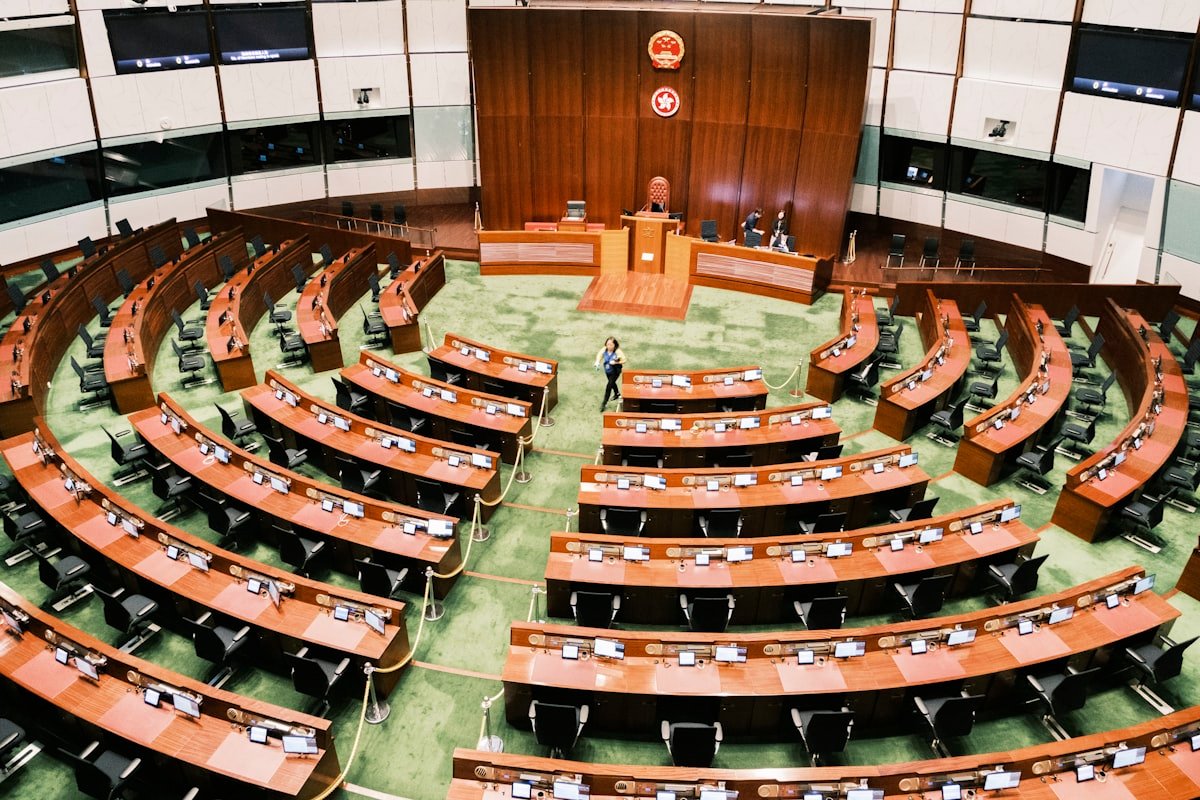Parliament Passes the Online Gaming Bill Amid Protests from the Opposition
In a landmark session that stretched late into the night, Parliament has officially passed the Online Gaming Bill, a comprehensive piece of legislation aimed at regulating the rapidly expanding digital gaming industry. The passage of the Online Gaming Bill comes after months of intense debate, stakeholder consultations, and significant pushback from opposition parties, who argue that the bill fails to adequately address critical issues related to consumer protection, data privacy, and the potential for increased gambling-related harm. The Online Gaming Bill represents the government’s most ambitious attempt to bring legal clarity and oversight to an industry that has, until now, operated in a largely unregulated space.
The new legislation introduces a framework for licensing online gaming platforms, establishes age verification protocols, and sets out penalties for non-compliance, including hefty fines and potential revocation of operating licenses. Proponents of the bill, primarily from the ruling coalition, hail it as a necessary step to protect users, especially minors, from predatory practices and to ensure that the industry contributes fairly to the national exchequer through taxation. They argue that a regulated environment will foster healthier competition, encourage innovation, and distinguish legitimate skill-based gaming from illicit gambling operations.
However, the journey of the Online Gaming Bill through the legislative process was far from smooth. Opposition members staged multiple walkouts and delivered impassioned speeches criticizing what they termed a “rushed and flawed” legislative process. Key concerns raised include the perceived overlap with existing state gambling laws, the potential for overreach by central regulators, and insufficient safeguards against addiction. Critics also pointed to the influential lobbying efforts of major gaming corporations, suggesting that the bill may have been shaped more by corporate interests than public welfare.
From an economic perspective, the implications of the Online Gaming Bill are profound. The online gaming sector in the country has seen explosive growth, with market valuations projected to reach new heights by 2025. This legislation provides the first clear set of national rules, which investors and entrepreneurs have long been clamoring for. The certainty offered by the bill is expected to attract further foreign direct investment and stabilize the operational landscape for domestic companies. Industry analysts predict a period of consolidation as smaller players adapt to the new compliance requirements, while larger, well-capitalized firms are poised to expand their market share.
On the social front, the bill’s impact on the average user cannot be understated. The mandatory implementation of robust age-gating technology means that minors will find it significantly harder to access real-money gaming apps. Furthermore, the bill mandates that all games clearly display the odds of winning and the risks involved, promoting greater transparency. Platforms will also be required to set deposit limits and provide users with tools to self-exclude, addressing some of the core concerns related to gaming addiction. These measures align with global best practices observed in jurisdictions that have successfully regulated their online gaming markets.
Despite these provisions, consumer advocacy groups remain skeptical. They argue that while the Online Gaming Bill is a step in the right direction, its enforcement mechanisms are not rigorous enough. The success of the bill, they contend, will hinge entirely on the effectiveness of the newly formed regulatory body and its ability to act independently against powerful industry players. There are also unanswered questions regarding the handling of user data, with the bill offering only vague guidelines on privacy protection, a significant concern in an era of increasing cyber vulnerabilities.
The political drama surrounding the passage of the Online Gaming Bill underscores the complex interplay between technology, regulation, and society. The opposition’s protests, while ultimately unsuccessful in blocking the bill, have succeeded in bringing these issues to the forefront of public discourse. It is likely that the implementation of the bill will be closely watched and heavily scrutinized, with amendments and legal challenges expected in the coming months. The year 2025 is set to be a pivotal one for the online gaming industry as it navigates this new regulatory reality.
For gamers, developers, and investors, the message is clear: the wild west era of online gaming is coming to an end. The Online Gaming Bill establishes a new normal, one that promises greater safety and stability but also demands higher standards of responsibility and accountability from all stakeholders involved.





 USMCA Tariff Exemptions: Canada Matches U.S. Policy
USMCA Tariff Exemptions: Canada Matches U.S. Policy